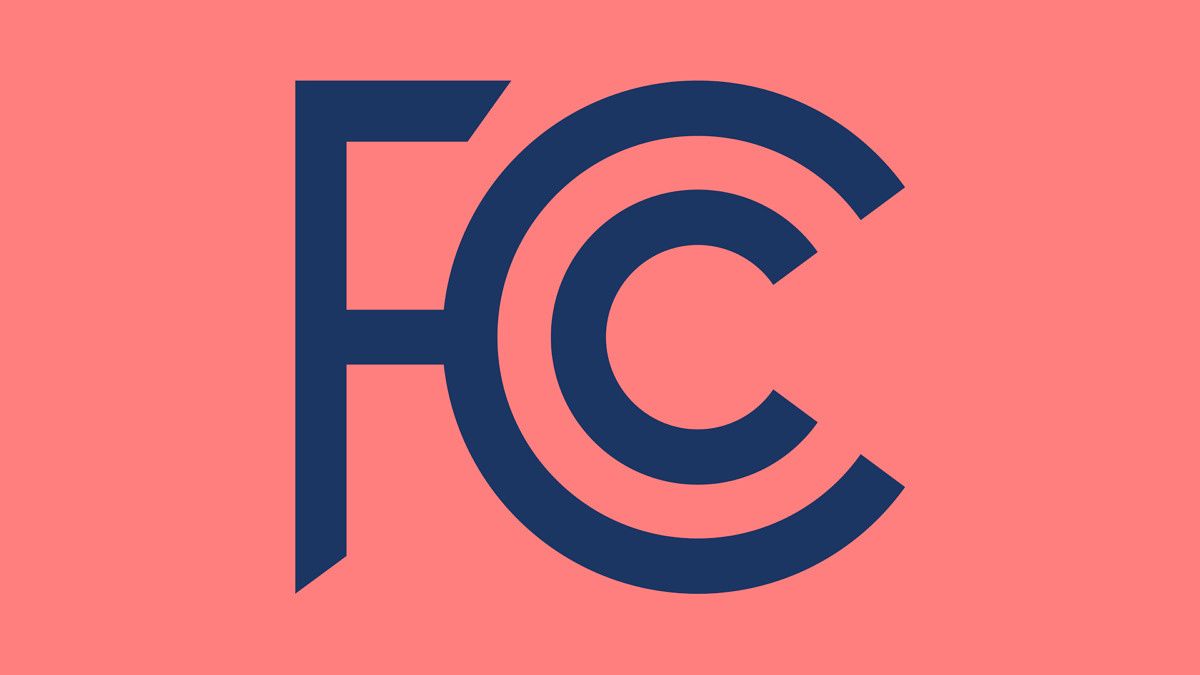Calling 9-1-1 in the United States (and many other countries) sends the caller's location to emergency services, so the dispatcher can send assistance as quickly as possible. However, the location data isn't perfect — most notably, it doesn't include the caller's vertical location, an important factor in taller buildings. The three major carriers in the US have now agreed to start providing vertical location data for 911 calls, though it might be a while before the data can be used by emergency services.
The FCC wrote in its announcement (via Engadget), "FCC Acting Chairwoman Jessica Rosenworcel today announced breakthrough agreements with America’s three largest mobile phone providers to start delivering vertical location information in connection with 911 calls nationwide in the coming days. This information will help first responders quickly locate 911 callers in multi-story buildings, which will reduce response times and ultimately save lives."
The FCC first announced in 2015 that carriers would be required to start sharing vertical location data. The original deadline was June 2nd, 2021, but AT&T, T-Mobile, and Verizon wanted an 18-month extension (allegedly due to issues testing the functionality during the COVID-19 pandemic). With the deadline rapidly approaching, the FCC began an investigation in April to find out what was taking carriers so long. All three major carriers have now agreed to start providing vertical location data to 911 call centers within the next seven days, and each company will pay a $100,000 settlement.
The agreement also increases the scope of the vertical location data; instead of the data only being provided in select areas, vertical location information will be provided by carriers across the entire United States. However, it will likely take longer than a week for the vertical data to be used in most 9-1-1 call centers, as the change will require updated software and (possibly) additional training for emergency dispatchers.

